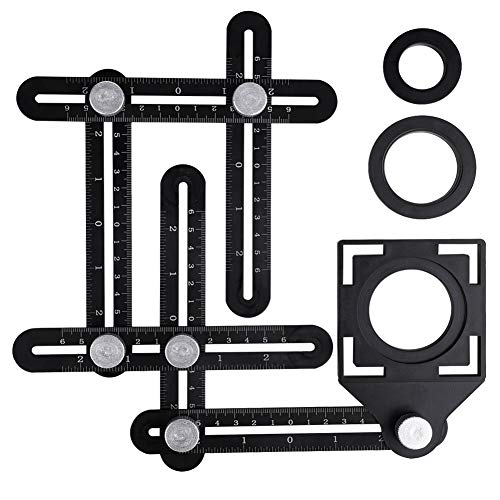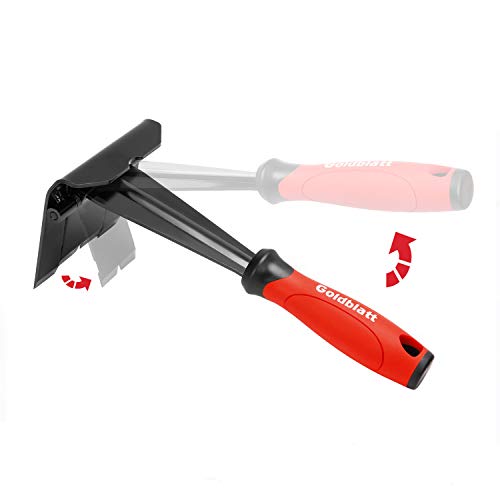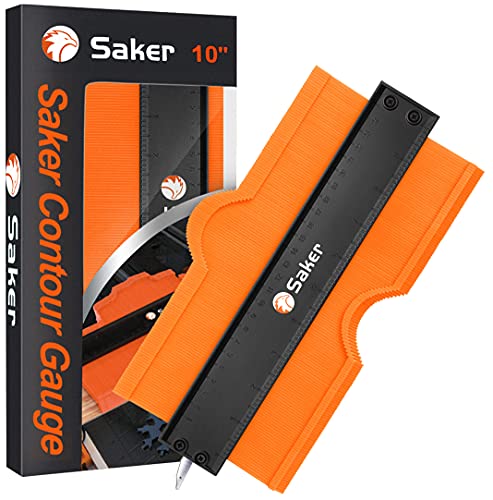I have Googled a lot and found no answers to my question. The topic of prefilling drywall joints is like asking wood floor professionals if nails are better than staples............ 100 pros and half say staples, 1/2 say nails.
I have read that prefilling the joints is recommended by many drywall guys. Not taping, just prefilling the side gaps and wall joints prior to taping. For doing this, the drywall guys like "hot mud" instead of regular joint compound partly because it sets up harder which makes the joints stronger. Well, Fixall is pretty much "hot mud" on steroids in my opinion, and there is a bag at the job that I can use.
Why not? I did this in a friends sewing room using Vitex and even taped the seams with it. That worked great.
This home owner has me doing a lot of odds and ends, and hanging 4 sheets of drywall on the side and one end of a hall was one of those things. There will only be two horizontal joints and one butt joint.
So, will Fixall be good for prefilling the joints? I'm not concerned about how fast it sets up since there is so little to do.
I have read that prefilling the joints is recommended by many drywall guys. Not taping, just prefilling the side gaps and wall joints prior to taping. For doing this, the drywall guys like "hot mud" instead of regular joint compound partly because it sets up harder which makes the joints stronger. Well, Fixall is pretty much "hot mud" on steroids in my opinion, and there is a bag at the job that I can use.
Why not? I did this in a friends sewing room using Vitex and even taped the seams with it. That worked great.
This home owner has me doing a lot of odds and ends, and hanging 4 sheets of drywall on the side and one end of a hall was one of those things. There will only be two horizontal joints and one butt joint.
So, will Fixall be good for prefilling the joints? I'm not concerned about how fast it sets up since there is so little to do.



















![MORE Luxury Vinyl Floor Cleaner for Vinyl Plank Flooring - Ready to Use, Daily Cleaning Formula for Tile, Vinyl Surfaces [Gallon / 128oz]](https://m.media-amazon.com/images/I/413LZHZiqCL._SL500_.jpg)



